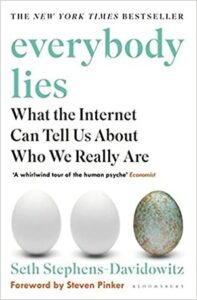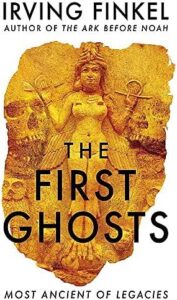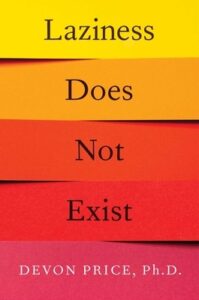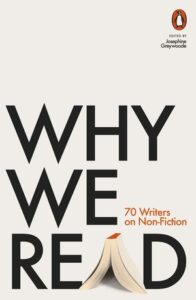 Murder: The Biography, Kate Morgan
Murder: The Biography, Kate Morgan
Murder: The Biography is an interesting look at the history of murder, from the perspective of how different murder cases have changed the law (and how the law existing at the time impacted various murder cases). It’s written by a lawyer, but it’s accessible for the layperson, and Morgan remains keenly aware of how fascinating the topic of murder is to many. The details aren’t at all dry, but the back of the book contains details of how to find the relevant judgements, etc, for those who want to dig right into it.
For a reader of crime/mystery fiction, it has little to say about the fictional world (beyond a few comments that the bulk of murders are not like in books), just in case you were wondering — it focuses entirely on real-world cases, mostly things which helped to shape the law and other prosecutions. So we see things like the development of defences of diminished responsibility, and corporate manslaughter, through the lens of the events that prompted them. The latter law is still not really tested: the case of Grenfell, Morgan says, is a make-or-break moment for it, as you’d imagine.
I found it a really interesting read, and surprisingly quick. I wasn’t already aware of all of the murders, either. Just as a warning, there are a few really awful cases, such as the case of Dr Bateman’s negligence — skim that one if you’re a bit squeamish, and avoid the details.









